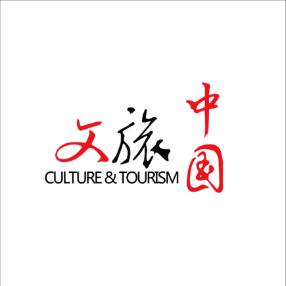
二十四节气是中国历法中二十四个特定节令、人类非物质文化遗产代表作。二十四节气,它基本概括了一年中四季交替的准确时间以及大自然中一些物候等自然现象发生的规律。它不仅是指导农耕生产的时间体系,更是包含有丰富民俗事象的民俗系统。二十四节气蕴含着悠久的文化内涵和历史积淀,是中华民族悠久历史文化的重要组成部分。
The twenty-four solar terms are twenty-four specific terms in the Chinese calendar, representing a masterpiece of intangible cultural heritage. The twenty-four solar terms essentially summarize the precise timing of the alternation of the four seasons throughout the year and the laws governing natural phenomena such as phenology in nature. Not only do they constitute a time system guiding agricultural production, but they also encompass a rich folklore system. The twenty-four solar terms contain profound cultural connotations and historical accumulations, constituting an important part of the long-standing history and culture of the Chinese nation.

一年四季由“四立”开始,所谓“立”即开始的意思,立春、立夏、立秋、立冬。四季在一年中交替出现,“四立”标示着四季轮换,反映了物候、气候等多方面变化,如春生、夏长、秋收、冬藏,以及日照、降雨、气温等的变化规律。
The four seasons begin with the "four beginnings", meaning the start of each season: the Beginning of Spring, Summer, Autumn, and Winter. As the seasons alternate throughout the year, the "four beginnings" indicate the rotation of the four seasons, reflecting changes in phenology, climate, and other aspects, such as the emergence of spring, the growth of summer, the harvest of autumn, and the storage of winter, as well as changes in sunlight, rainfall, and temperature.

在漫长的农耕社会中,二十四节气发挥着重要作用,拥有丰富的文化内涵。诸如立春、冬至、清明等一些节气既是自然节气也是民间重要节日。其它节气也衍生出大量与之相关的民俗文化。
In the long agricultural society, the twenty-four solar terms play a significant role and possess rich cultural connotations. Some solar terms, such as the Beginning of Spring, Winter Solstice, and Qingming, are not only natural solar terms but also important folk festivals. Many other solar terms have spawned a wealth of related folk cultures.
责编:勾晓庆






























热门跟贴